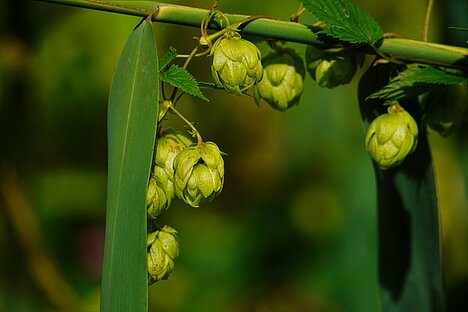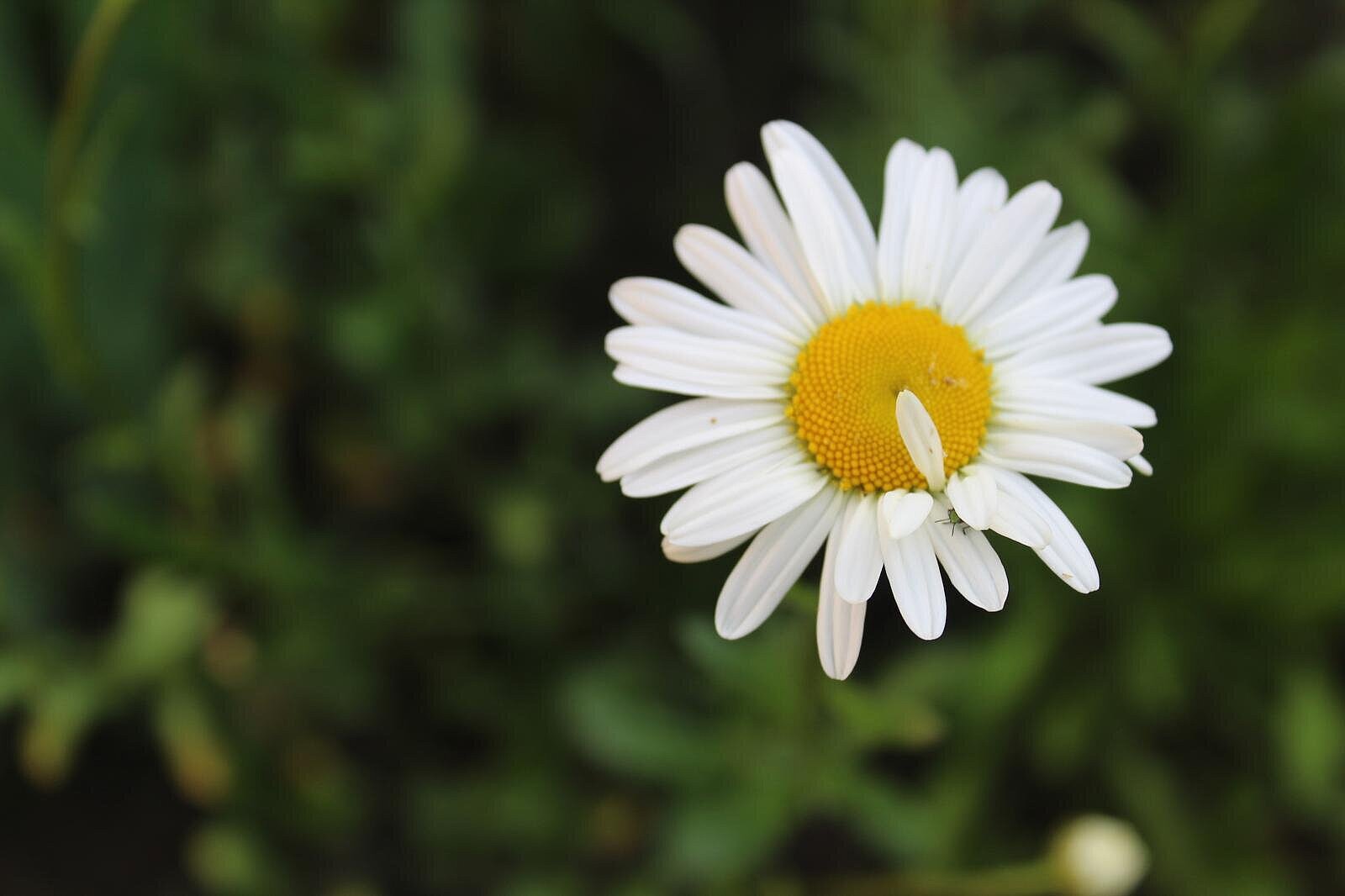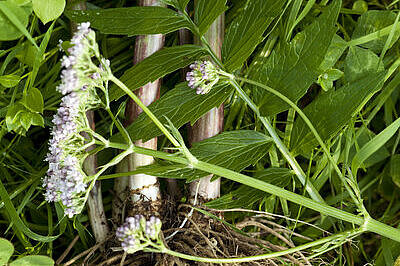Hop blossom

Hops are a plant that is primarily known for the production of beer. But did you know that hops can also be interesting for dogs? In this article, you'll find out what hops flowers are, what effects they have and what you should look out for if you want to give them to your dog.
What is hop blossom?
The hop blossom is the inflorescence of the female hop plant, which belongs to the hemp family. The flowers are greenish-yellow and smell resinous. They contain various ingredients that have a calming, anti-inflammatory and antibacterial effect. In naturopathy, hop blossom is used as a tea or tincture for complaints such as insomnia, nervousness, gastrointestinal problems or menopausal symptoms.
What are the benefits of hop blossom for dogs?
Hops flower can also be beneficial for dogs, especially if they are suffering from stress or anxiety. Hops flower can help to relax the dog and calm its nerves. This can be helpful, for example, during New Year's Eve firecrackers, thunderstorms, visits to the vet or traveling. Hop blossom can also support your dog's digestion and relieve inflammation in the gastrointestinal tract. Hops flower can also help with skin problems such as eczema or itching, as it promotes blood circulation and accelerates healing.
What are the disadvantages of hop blossom for dogs?
Hops flower is not suitable for all dogs. There are a few factors to consider before giving your dog hops flower. For one, hops flower can cause drowsiness or dizziness in some dogs. This can be dangerous if, for example, your dog needs to drive or pay attention to its surroundings. On the other hand, hop blossom can cause allergic reactions in some dogs. This can manifest itself as a skin rash, breathing difficulties or swelling. If you notice such symptoms in your dog, you should consult a vet immediately. You should also not feed hops flower to pregnant or nursing bitches, as it can inhibit milk production.
How can I give my dog hop blossom?
If you want to give your dog hops flower, you should always ask a vet for advice. They can tell you whether hops flower is suitable for your dog and how much you can give him. The dosage depends on various factors such as your dog's weight, age and state of health. One possible form of administration is tea made from dried hop flowers. To do this, pour 250 ml of boiling water over a teaspoon of hop flowers and leave to infuse for 10 minutes. The tea can then be allowed to cool and given to the dog in its drinking water or food.
Hop flowers are the inflorescences of the female hop plant and are used in naturopathy to relieve insomnia, nervousness, gastrointestinal complaints and menopausal symptoms in humans. In dogs, hop blossom can be helpful for stress, anxiety and to aid digestion. However, attention should be paid to allergic reactions and drowsiness. Hop blossom can be administered in the form of tea.
If you notice any signs of hypersensitivity or poisoning in your dog, you should see your vet immediately. We are not a substitute for a vet, but we try to be as accurate as possible. Every dog reacts differently and we recommend you get a second opinion or consult your vet if in doubt.
Stay healthy and take good care of your four-legged friend!😊
Similar to Hop blossom
Stinging nettles are herbaceous plants from the nettle family. They grow in Europe, Asia and North America and prefer moist, nutrient-rich locations. The best-known species are the common nettle...
Dandelion herb belongs to the daisy family and is widespread in Europe, Asia and North America. The plant has a high content of vitamins, minerals, trace elements and bitter substances. It has a...
Chamomile flowers are the dried flower heads of the chamomile plant, which belongs to the Asteraceae family. Chamomile is an annual plant that is native to Europe, Asia and North Africa. It has...
Valerian root is the root of the plant Valeriana officinalis, which is native to Europe and Asia. The root contains various ingredients that have an effect on the nervous system, such as valerenic...



